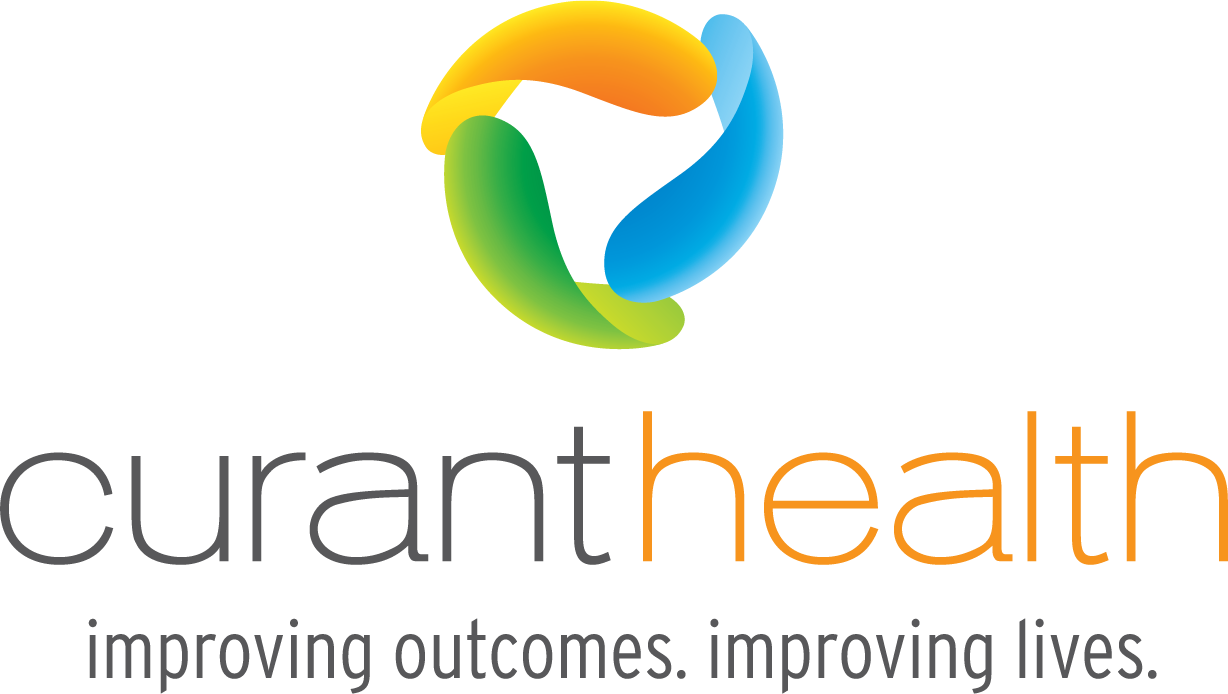June 22, 2015 - Curant Health COO, Marc O'Connor, in MedCity News - $1,000 per month for life cholesterol drugs brings immense pressure on prescribers to ensure outstanding medication adherence by patients.
The pharmaceutical industry is about to wade into a new battlefield with payers and prescribers. A new class of drugs known as PCSK9 inhibitors restricts a protein that impedes the liver’s ability to get rid of bad cholesterol. FDA approval of the first in this new class of drugs is expected within months if not sooner. The implications for improving the lives of the millions of Americans affected by heart disease is significant. And the prospective cost to payers and plan sponsors could be astronomical.
Cholesterol issues in the United States are widespread, as the prevalence of familial hypercholesterolemia is 1 in 500 according to the latest NIH data. Moreover, there are 71 million people with high cholesterol and heart disease is still a leading killer.
PCSK9s could become the industry’s biggest-selling new drug by a staggering amount. As many as 3.5 million Americans may qualify for the drugs carrying annual treatment costs between $7,000 and $12,000 per patient. PCSK9 inhibitors could place an unprecedented burden of around $150 billion on the health system, according to an article published inHealth Affairs earlier this year.
PCSK9 products are self-injectable biologics intended for patients with serious cholesterol control issues for whom statins are intolerable or ineffective. With prospective $1,000 per-month for the rest of your life price tags, and a more difficult path to generic as a biologic, payer pressure on clinicians to have their patients exhibit outstanding adherence to realize the drugs’ full value will be immense.
Medication nonadherence is already a massive cause of wasted healthcare spending. The World Health Organization estimates medication nonadherence among chronically ill patients is 50 percent. And a recent IMS Health report estimates $105 billion in avoidable healthcare expenditures is directly attributable to nonadherence.
Understandably, payers are highly concerned about growth in development, cost, prescription of and adherence to new specialty therapies. In 2014, sales of Gilead’s curative Hepatitis C drug Sovaldi totalled $10.3 billion according to the manufacturer. But unlike Sovaldi and its more recently approved ‘cousin’ Harvoni, PCSK9 therapies are not curative.
To read Marc's full article, visit MedCity News.
To learn more about Curant Health, contact Kristin Lindsey, Marketing Director, at klindsey@curanthealth.com.
